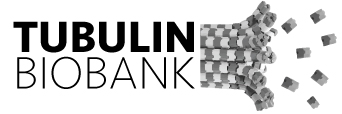TUBG1
TUBG1
Tubulin gamma-1 (TUBG1)
TUBG1 encodes for a gamma-tubulin protein. Unlike the more common alpha- and beta-tubulins, gamma tubulin is not found in the microtubule scaffold but, rather, located at the microtubule base. Here, in combination with other proteins, it forms a complex called the centrosome and this provides a foundation from which microtubules can grow.
There have been 13 variants reported to date. Common features reported in individuals carrying TUBG1 mutations including lissencephaly (either a lack or reduction of brain surface folds), enlargement of the lateral ventricles, a reduction in white matter volume and corpus callosum dysgenesis. Microcephaly (reduced brain volume) is sometimes reported in these individuals.
Studies have shown that mutations in TUBG1 impair proper migration and positioning of neurons, which would be consistent the lissencephalic brain surface often observed in affected individuals. The production of neurons by progenitor cells however, appear to be largely unaffected.
Unlike with some of the other tubulinopathies, abnormalities of the Basal ganglia, corpus callosum, brainstem, and cerebellum not as common, potentially reflecting the distinct functional role of gamma tubulin in microtubule function.
